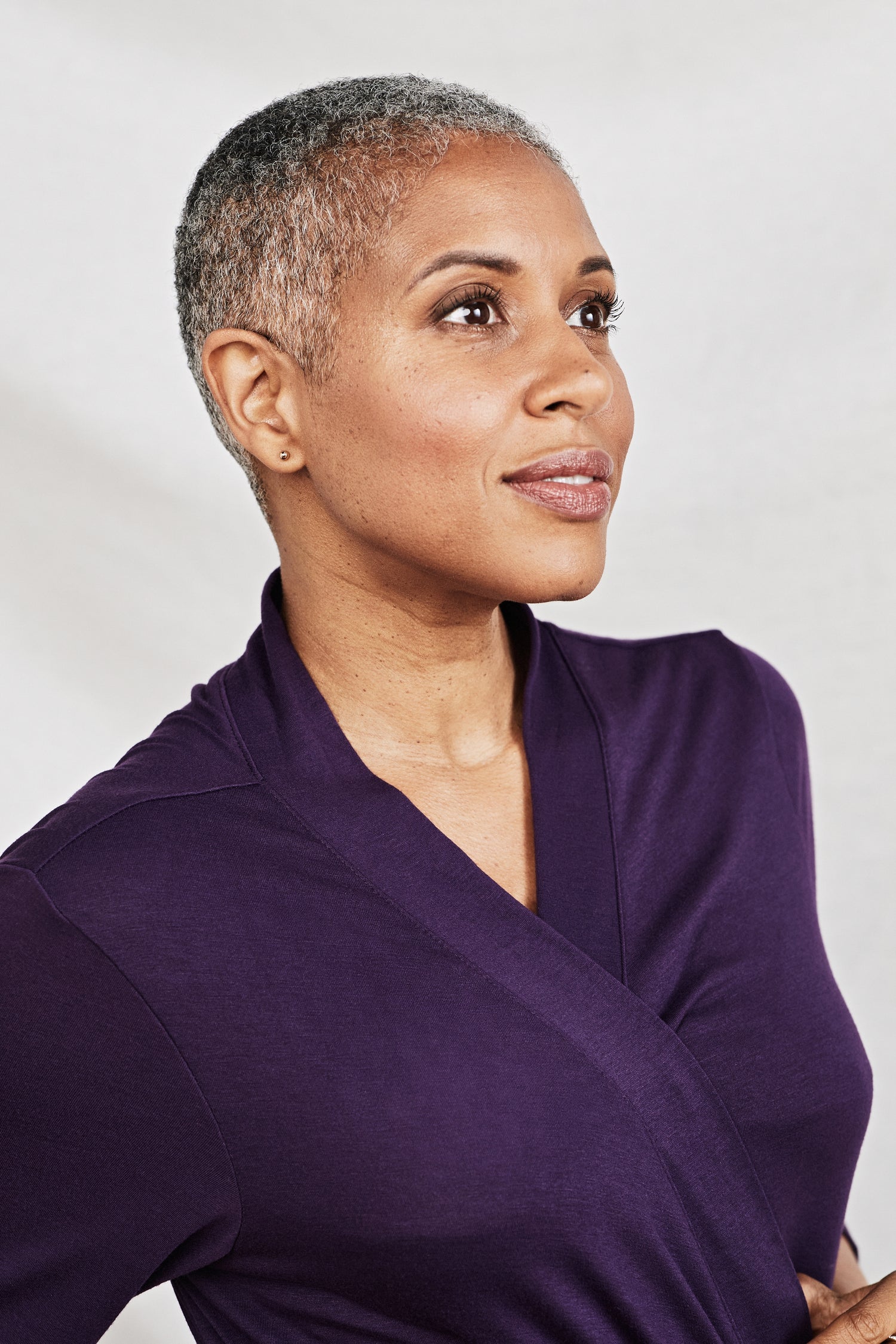Chemotherapy, often abbreviated as "chemo," is a type of cancer treatment that uses one or more anti-cancer drugs as part of a standardized chemotherapy regimen. It's a powerful tool in the fight against cancer, but it also comes with its own set of challenges and side effects. Understanding what to expect and how to live with chemotherapy is crucial for patients and their loved ones.
Understanding Chemotherapy
-
How It Works: Chemotherapy works by targeting rapidly dividing cells, a hallmark of cancer cells. However, it can also affect healthy cells that divide quickly, such as those in your skin, hair, intestines, and bone marrow. This is why side effects occur.
-
Types of Chemotherapy: There are various types of chemotherapy drugs, each with a different mechanism of action. Some are administered intravenously, while others are taken orally. Your oncologist will determine the best type and combination based on your specific cancer.
-
Treatment Schedule: Chemotherapy is often given in cycles, which allows your body to recover between treatments. The length and frequency of these cycles depend on the type of cancer and the drugs used.
What to Expect
-
Physical Side Effects: Common side effects include fatigue, nausea, vomiting, hair loss, and increased risk of infections. These occur because chemotherapy affects not only cancer cells but also healthy cells.
-
Emotional Impact: Receiving a cancer diagnosis and undergoing treatment can be emotionally challenging. Feelings of anxiety, depression, and fear are common.
-
Monitoring and Adjustments: Your healthcare team will closely monitor your response to treatment and adjust as necessary. This might include changing the chemotherapy drugs, altering the dosage, or providing supportive care for side effects.
Living with Chemotherapy
-
Managing Side Effects:
- Nausea and Vomiting: Medications can help manage these symptoms. Eating small, frequent meals and avoiding strong odors can also help.
- Fatigue: Rest when you need to, but also try to engage in light physical activity as it can boost energy levels.
- Hair Loss: Consider head coverings or wigs. Remember, hair loss is usually temporary.
- Infection Risk: Practice good hygiene, avoid crowded places, and report any signs of infection to your doctor immediately.
-
Nutrition: Eating well can help you feel better and stay stronger. Focus on a balanced diet rich in fruits, vegetables, lean proteins, and whole grains. Stay hydrated.
-
Emotional Well-being:
- Support Systems: Lean on family, friends, and support groups. Don't hesitate to seek professional help if you're struggling emotionally.
- Mindfulness and Relaxation: Techniques like meditation, yoga, and deep breathing can help manage stress and anxiety.
-
Work and Daily Life: Depending on how you feel, you may need to adjust your work schedule. Communicate with your employer about your needs and limitations.
-
Financial Considerations: Chemotherapy can be expensive. Look into insurance coverage, financial aid, and support programs to help manage costs.
-
Follow-Up Care: Regular follow-ups are essential to monitor your health, manage any long-term side effects, and check for signs of cancer recurrence.
Conclusion
Living with chemotherapy is a journey that requires adjustments in many aspects of life. It's a balance between managing the physical side effects, taking care of your emotional health, and adapting to new routines. Remember, every person's experience with chemotherapy is unique, and what works for one person may not work for another. Open communication with your healthcare team, a strong support network, and a focus on self-care are key elements in navigating this challenging yet crucial path in cancer treatment.












